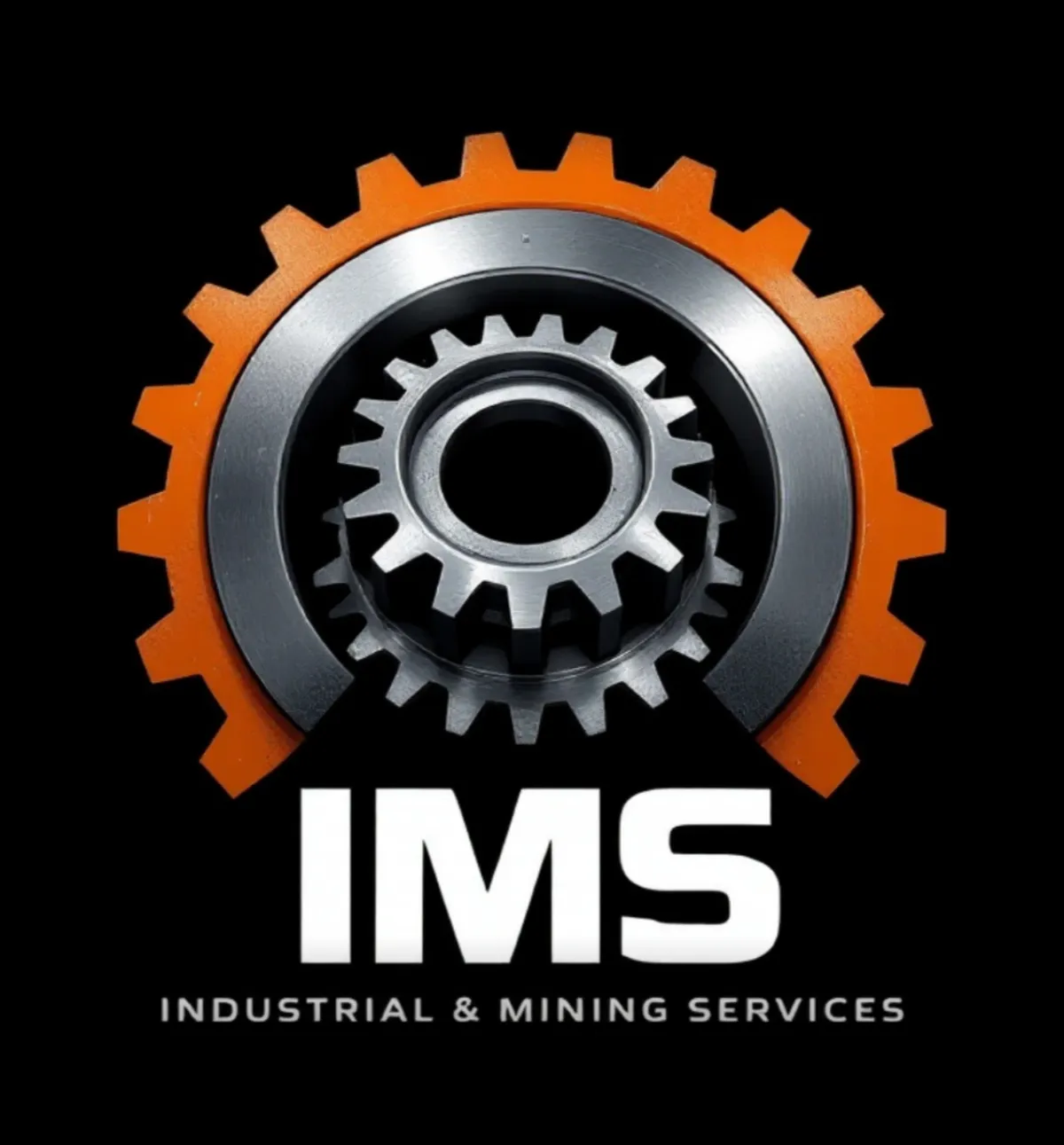
Field Repairs vs. Shop Repairs: When to Choose What
Field Repairs vs. Shop Repairs: When to Choose What
In the world of heavy equipment and industrial machinery, breakdowns are inevitable. Whether you’re operating in mining, construction, or agriculture, equipment failures can cost thousands in downtime. When something goes wrong, you’re faced with a crucial decision: should the repair be handled in the field, or should the equipment be transported to a repair shop?
Understanding the strengths and limitations of field repairs vs. shop repairs can help you save time, control costs, and extend the life of your machines. In this guide, we’ll explore when to choose each repair method and the factors to consider.
What Are Field Repairs?
Field repairs are conducted at or near the location where the equipment is operating — whether it’s a job site, mine, or remote facility. These are usually mobile repair services performed by technicians using service trucks equipped with tools, parts, and diagnostic equipment.
Advantages of Field Repairs
1. Faster Response Time
Getting the equipment fixed where it sits eliminates transportation delays. This is crucial when you're racing against project deadlines.
2. Cost Savings on Transport
Moving large machinery to a repair facility can be expensive, especially if a trailer or crane is needed. Field repairs reduce or eliminate hauling costs.
3. Ideal for Minor to Moderate Issues
Common field repairs include:
Hydraulic hose replacement
Battery swaps
Electrical diagnostics
Filter and fluid changes
Welding of minor cracks or brackets
Sensor and fuse replacements
4. Reduces Downtime for On-Site Operations
If the issue can be resolved on-site, your machine can often return to work the same day.
Limitations of Field Repairs
Limited Tool Access: Some advanced diagnostics or part replacements require shop-grade tools and lifts.
Environmental Constraints: Rain, wind, or poor lighting can impact safety and quality.
Space Restrictions: Tight job sites may not allow full disassembly or welding.
Temporary Fix Risk: Sometimes, field repairs are patchwork solutions when deeper issues are present.
What Are Shop Repairs?
Shop repairs involve transporting the equipment to a dedicated service facility where technicians can conduct more comprehensive inspections and repairs with the help of overhead cranes, large-scale lifts, and specialized machinery.
Advantages of Shop Repairs
1. Access to Full Toolsets and Machinery
Shops are equipped with advanced diagnostics, welders, lathes, hoists, and parts inventory to tackle even the most complex repairs.
2. Better Working Conditions
Controlled environments improve repair quality, especially for electrical work, large assemblies, or fabrication.
3. Deeper Tear-Down and Overhaul Capacity
In-shop repairs are ideal for:
Engine and transmission rebuilds
Complete undercarriage overhauls
Frame straightening
Paint and sandblasting
Precision welding and machining
4. Safety and Compliance
Some repairs — especially structural — require inspections, certifications, or stress testing, which are best done in-shop.
Limitations of Shop Repairs
Longer Downtime: Transport, scheduling, and repair time often extend the duration equipment is out of service.
Higher Initial Cost: Transport fees and facility overhead can increase the overall bill.
Not Practical for All Equipment: Moving extremely large or embedded machinery isn’t always feasible.
Key Factors to Consider When Choosing Field vs. Shop Repair
1. Severity of the Issue
Field Repair If:
It's a fluid leak, sensor failure, or small crack
The component is easily accessible
A diagnostic scan can identify and resolve the problem
Shop Repair If:
The failure involves internal engine, transmission, or hydraulics
Welding or fabrication beyond mobile capacity is needed
Multiple systems need inspection or overhaul
2. Location of the Equipment
Remote job site with limited access? Field repair is usually the only viable option.
If you're within reasonable towing distance of a repair center, shop repair might be more efficient for major issues.
3. Tools and Equipment Required
If the repair needs lifting jacks, specialty tools, or press machines, the shop is the safer and more effective option.
For standard tools and diagnostic equipment, a fully outfitted field truck can often handle the job.
4. Weather and Site Conditions
Field repair during storms, extreme cold, or in poorly lit areas can be dangerous and lead to subpar work.
Shop repairs offer climate control and safety infrastructure.
5. Cost and Budget Considerations
Field repairs save on transportation and may reduce labor time if the issue is minor.
Shop repairs, while more expensive upfront, may offer a longer-lasting solution for serious problems — reducing repeat failures.
6. Downtime Tolerance
If the equipment is critical to daily operations, and time is limited, field repair is usually preferred for speed.
If the machine is not urgently needed, a shop repair may deliver better long-term results.
Hybrid Repair Approach: The Best of Both Worlds
Many businesses use a hybrid approach, where mobile technicians assess and attempt the repair in the field. If they discover deeper damage, the equipment is then scheduled for a shop overhaul.
This staged approach allows for rapid triage and strategic decision-making without committing immediately to a costly transport.
Final Thoughts: Make the Right Repair Decision
Choosing between field repairs and shop repairs isn’t always cut and dry — it depends on the equipment, the failure, your timeline, and available resources. A well-informed decision can mean the difference between a temporary patch and a lasting fix.
When to choose field repairs:
The issue is minor or easily accessible
Downtime must be minimized
Transportation is costly or impractical
Environmental conditions allow safe work
When to choose shop repairs:
The failure is structural or complex
The repair requires heavy equipment or machinery
Safety inspections or certifications are required
A full tear-down or rebuild is necessary
